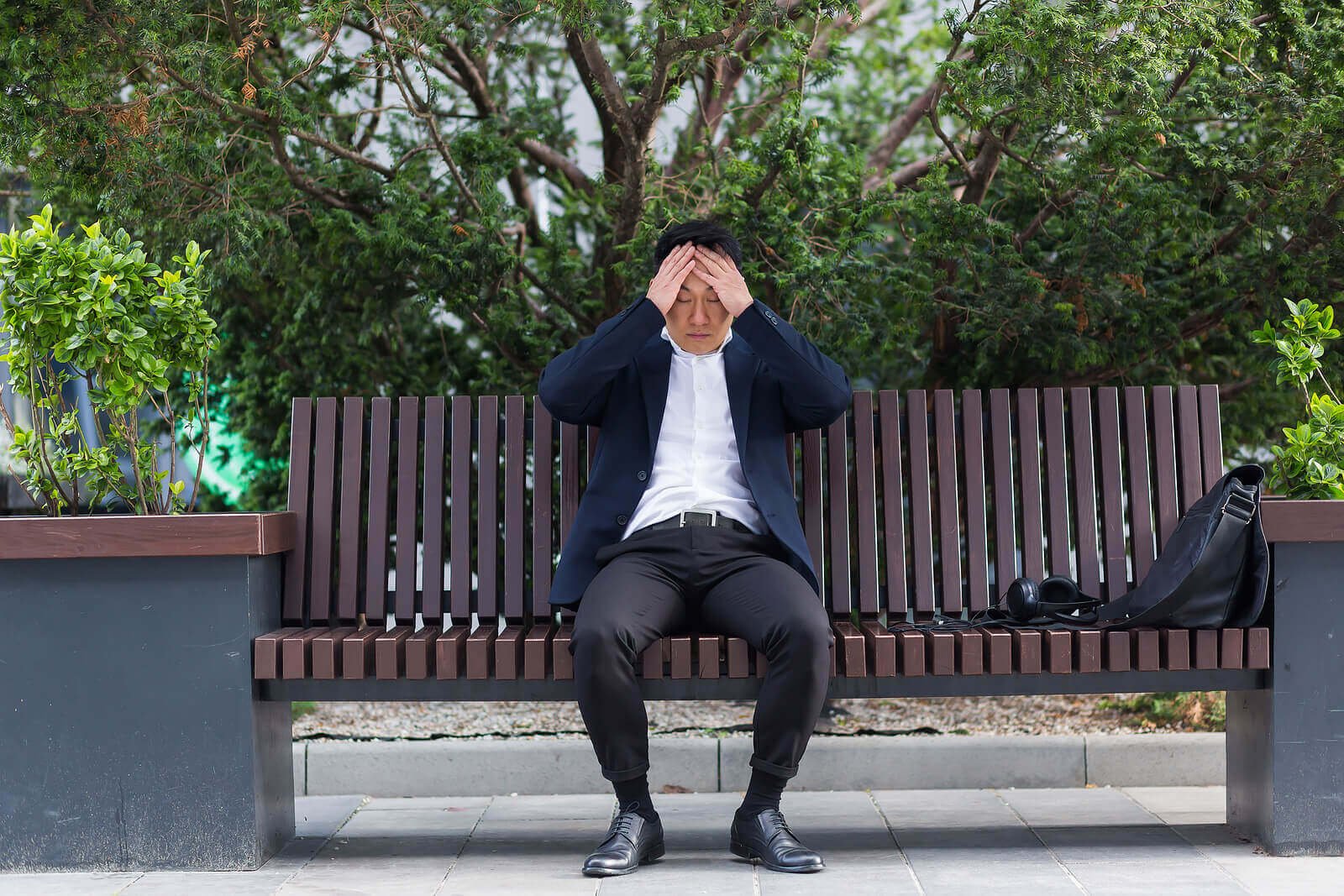From Nervous to Nailed It: Coping with Social Anxiety at Public Events
Do you avoid social situations? Are you fearful of being judged by others? Do you worry weeks in advance about going to events in public? If so, you are not alone. Going to social events with social anxiety can be challenging but with the right tools and techniques, it is possible to manage social anxiety and feel more comfortable in social situations. In this blog, we will explore some strategies we utilize at Embodied Wellness for preparing and managing anxiety at social events.
What is Social Anxiety?
Social anxiety is a feeling of nervousness, fear, or discomfort that comes from being in social situations or around people. If you have social anxiety you worry that you will say or do something embarrassing, or that others will judge you negatively. You try to avoid social situations or if you are around people you might not talk or avoid eye contact in order to try to manage your anxiety. Social anxiety can make it hard to make friends, participate in group activities, or speak up around others.
Triggers to Social Anxiety
Common triggers of social anxiety include:
Public speaking or giving presentations
Meeting new people
Attending parties or social events
Eating or drinking in public
Being in unfamiliar or crowded places
Feeling like you're being watched or judged
Making mistakes or being criticized
Being in a group with authority figures
Being in close proximity to someone you perceive as a threat
How to Deal With Social Anxiety
Pre-Event Preparation
Identifying potential triggers and challenges is an important first step in preparing for social events if you have social anxiety. This may involve reflecting on past experiences and recognizing situations that have caused anxiety or discomfort.
Setting realistic expectations can be helpful to acknowledge that feeling some anxiety in social situations is normal and recognize that it is okay to take breaks or step back if needed. It can also be helpful to set achievable goals for the event, such as engaging in one conversation or trying new food.
Developing coping strategies such as deep breathing or visualization exercises can help manage anxiety symptoms. Practicing assertiveness skills, setting boundaries, and planning exit strategies are also coping skills that can be helpful to practice.
During the Event
Use strategies for managing anxiety in the moment. Techniques such as focusing on the present moment, practicing mindfulness, using positive self-talk, and breathing techniques can be helpful in coping with social anxiety during social events.
Practicing active listening skills, asking open-ended questions, and finding common interests to discuss are tools you can use to make conversation and connection with others.
How to handle difficult or uncomfortable situations is another important aspect of managing social anxiety during social events. This may involve developing a plan for managing conflict or uncomfortable interactions, such as taking a break or seeking support from a person you trust.
Post-Event Reflection
Debrief: Talk to someone such as a friend, family member, or social anxiety therapist about your experience and how it made you feel. This can help you process your emotions and identify areas for improvement.
Reflect: Take time to reflect on what went well and what you could do differently next time. Celebrate your successes and be kind to yourself about any mistakes.
Celebrate: Give yourself credit for trying and making progress, even if you weren’t “perfect.”
Specific Strategies for Social Anxiety at Specific Events
Work Events: Research the event ahead of time and prepare talking points. Set goals for the event, such as meeting three new people or connecting with a specific colleague.
Parties: Bring a friend with you for support! Choose a comfortable outfit that makes you feel confident. Find a quiet space to take breaks when you need to.
Weddings: Set limits on how much alcohol you drink because although it may make you feel less anxious in the moment, it can increase anxiety overall.
Travel: Plan ahead for any transportation or logistics. Take time to rest and recharge before and after the event.
Start Social Anxiety Treatment in Detroit, MI so You Can Go From Nervous to Nailed It
Coping with social events with social anxiety can be challenging, but with preparation and practice, it is possible to feel more comfortable and confident! Remember to be kind to yourself and celebrate progress, no matter how small. At Embodied Wellness you can learn more about how to deal with social anxiety. To get started follow these steps:
Contact us to schedule a free 15-minute consultation with our anxiety therapists.
Schedule your first appointment for social anxiety treatment
Start nailing public events with confidence
Other Online Therapy Services We Offer in Detroit & Throughout Michigan
Our dedicated therapists offer a variety of therapy services and specialties besides social anxiety treatment. This includes depression therapy, empath counseling, and PTSD treatment. At Emobided Wellness we utilize EMDR therapy, Internal Family Systems, and more. All of these online therapy services are available for both teens and adults.




